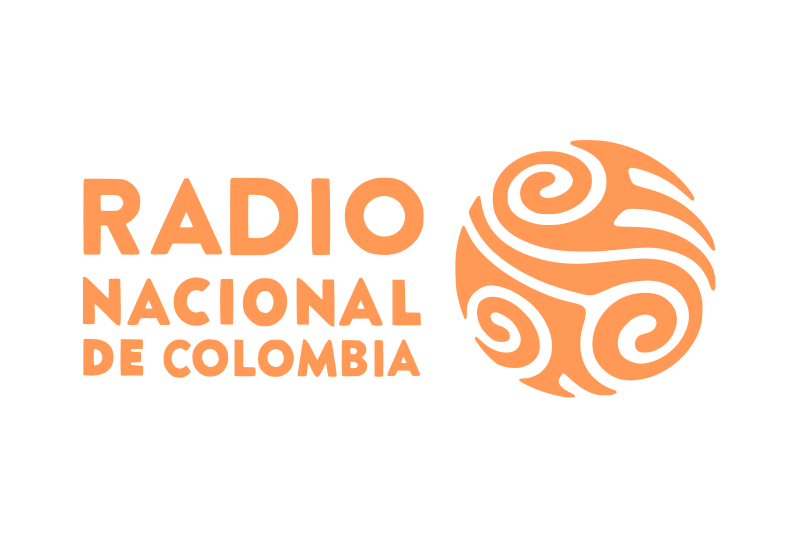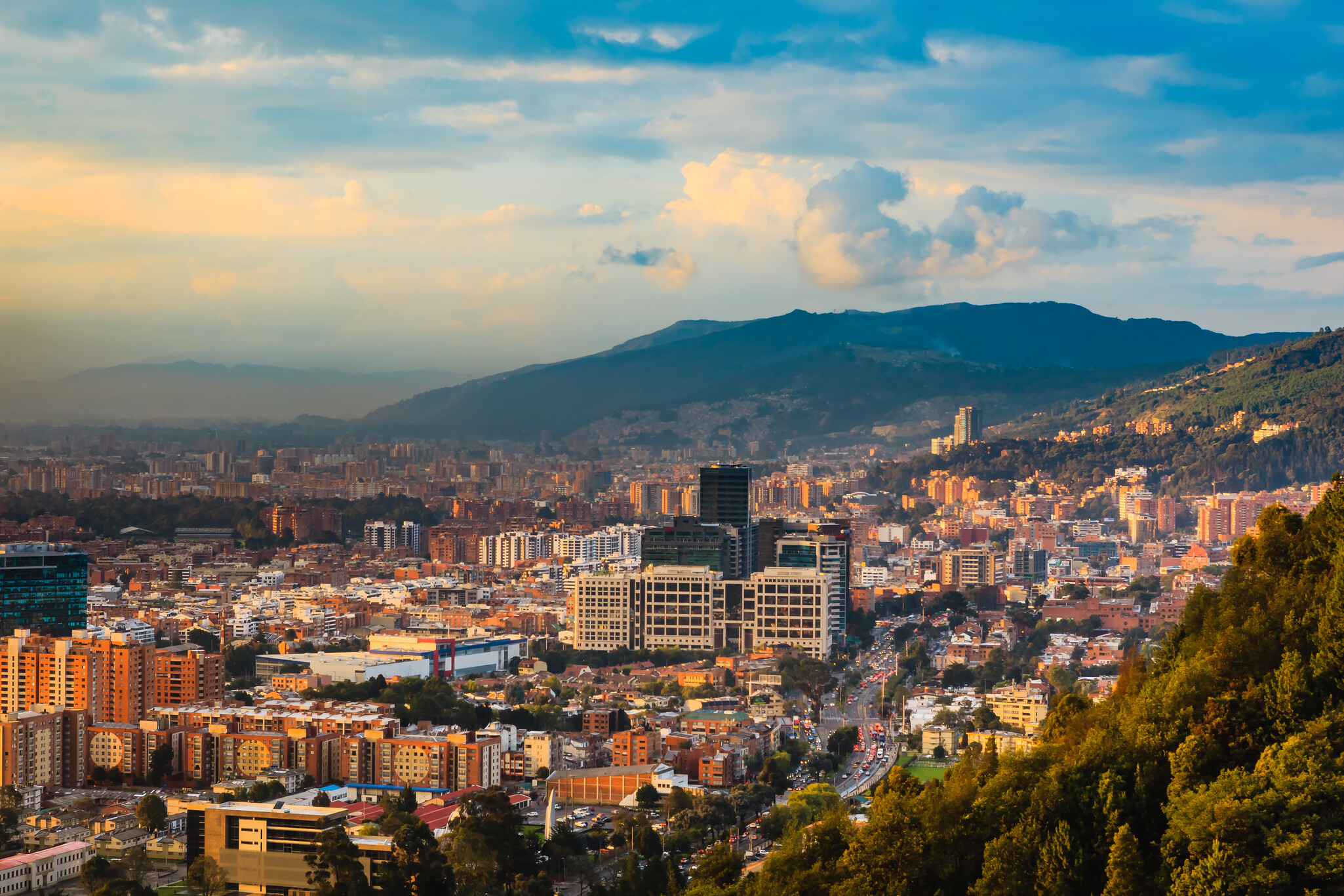The incoming president of Chile’s media regulator advocated for more public media and greater media pluralism in her first comments since accepting the post.
Journalist and academic Faride Zerán has been appointed the new President of Chile’s National Council for Television (CNTV), the media regulator that oversees television services. She will officially assume the role on 11 April.
CNTV’s main mission is to promote media pluralism and has the power to grant, fine or terminate licences for free-to-air television broadcasters. The Senate renewed all other members of the Council this month.
“The CNTV is an autonomous, independent body” Zerán said during her appointment as incoming CNTV President. She said she believed the CNTV had “to fulfil that role of assuming that the media, that television has to be in tune” with the cultural and societal changes occurring in Chile. She also advocated the need for “more public media” and a “greater plurality of media” which she suggested could be achieved by increased state promotion and funding.
She also argued that Chile needs to de-concentrate the media. Media concentration has been a topic of concern for observers and academics in recent years, with print media mostly being in the hands of two family holding groups, El Mercurio and COPEA, which own the majority of national and regional newspapers in the country.
What is media concentration?
Media concentration happens when fewer companies or individuals own an increasing number of shares in mass media. The fewer news media owners there are, the higher the concentration of ownership. While media concentration can be dangerous due to its potential to restrict pluralism and ultimately democracy, its impact can be managed. For instance, in a country where a vigorous independent public media system might make up most of the media landscape, media pluralism, with diverse opinions, voices, issues, and media types, can still thrive. To minimise the harm of media concentration, editorial independence free of external pressures, the presence of an independent regulator, and the existence and implementation of effective disclosure and transparency policies on media ownership are important. But of course, these are not always attainable and as a result, concerns about media concentration have been on the rise globally, including across Latin America, in Australia and Argentina. Meanwhile in Poland, the growth in ownership of an array of media outlets by state-backed companies signals tightening government control over the country’s media.
Zerán was previously a member of the Board of Directors of Chile’s only state-owned public broadcaster, Televisión Nacional de Chile (TVN), between 2000 and 2004. In January she tweeted: “it is necessary to create a system of public media, make TVN a true public channel, strengthen CNTV, support community media, regional, and so on.”
Más que un Consejo Nacional de Medios que regule el funcionamiento de lo que hay ( pocos , concentrados,escasa diversidad) hace falta crear un sistema de medios públicos,hacer de TVN un canal público de verdad, fortalecer el CNTV, apoyar medios comunitarios, regionales, etcétera
— Faride Zeran (@ZeranFaride) January 25, 2022
Lack of trust in public media
There has been a broader crisis of trust in Chilean media in past years, where the public did not believe that the media fulfilled their watchdog role in holding power to account. According to data from the Reuters Institute 2021 Digital News Report (DNR), 42% of Chileans trust TVN News, making it the 10th most trusted news organisation in the country. By comparison, private radio network Bio Bio Chile is the most trusted news brand at 59% and regional or local newspapers rank 4th at 53%.
While trust in news has increased incrementally since the COVID-19 pandemic, TVN still sits in the middle compared with elsewhere in the Latin American region’s public and state-run broadcasting systems. Colombia’s Señal Colombia recorded a 66% level of trust, whereas in Argentina, Televisión Pública records just 35% due to its pro-government coverage and lack of independent funding and governance.
Trust levels are even lower still when compared with public media organisations in more consolidated democracies globally, where public media is often the most trusted news organisation in each country. The BBC is the UK’s most trusted news brand at 62%; Germany’s two public broadcasters are the top two trusted news brands with ZDF at 68% and ARD at 70%; Australia’s two public broadcasters are also the most trusted news brands, with SBS at 69% and ABC at 70%. Meanwhile, 83% of Canadians believe that CBC/Radio-Canada is a trusted source of information with a clear need for its role in the future.
Editorial freedom, funding and governance issues
Self-financed predominantly through advertising – the main source of income for most media organisations in Chile – the broadcaster “highly relies and depends on ratings” wrote Enrique Núñez-Mussa, co-author of Chile’s DNR profile and a Ph.D. student in Information and Media in the Journalism School of Michigan State University. This makes it another competitor in Chile’s highly concentrated, corporate media market.
But it is the most geographically dispersed media organisation in Chile. With a network of nine regional offices, it is the only media organisation that has a presence in several regions and produces local content.
In recent years, the Chilean state has granted funds to TVN to launch an additional educational/children’s-focused channel and for technological upgrades. The financial aid was offered when the Chilean government passed an amendment in 2018 to the law which governs TVN and is meant to guarantee its autonomy from the state.
Yet the organisation has several challenges which need addressing. In their global analysis of the editorial independence of state media, Marius Dragomir and Astrid Söderström of the Center for Media, Data and Society (CMDS) labelled TVN as a captured public/state-managed media entity. Mr Dragomir told PMA that while TVN’s self-financing model “gives it some financial independence”, it does not “cut the link between its top managers and the presidential administration. Although the role of the Senate dilutes to some extent the power of the presidential administration over TVN, giving the broadcaster a certain level of editorial freedom, it is still a fragile independence.”
Dragomir cited where TVN’s reportedly biased coverage of authorities has raised doubts over its editorial independence. “The station allows views of the opposition in its programming but only when their criticism doesn’t target the president. On the other hand, the content related to the authorities, especially the president, is always favourable,” Mr Dragomir said.
Under the TVN law, the TVN board must approve and publish an ‘editorial guidance’ document for content aired by its main channel. This is to demonstrate its compliance with its public mission. But according to Dragomir, “there is no independent mechanism to assess or oversee TVN’s editorial performance.”
Just days before the change in political leadership, former President Sebastián Piñera, presented a bill to the National Congress that seeks to amend the TVN law again to “modify the governance and financing of the Chilean National Television channel to fulfil its public mission.” Proposals included reforming the Board of Director selection process to make it more rigorous, with candidates initially approved by the Council of Senior Public Management before sending a shortlist to the President. Directors would also have a reduced mandate from eight to four years, with the possibility of being re-elected. The bill also proposes creating an Advisory Council of the Board of Directors from various creative sectors to provide advice and feedback on the channel’s content and marketing.
Media freedom, pluralism, and impunity
Chile ranks 54th in Reporters Without Borders’ 2021 World Press Freedom index. While still higher than most countries in the region – which has a reputation for threats to journalists’ safety like in Mexico, or the privatisation of public media in Brazil – this is the lowest position that Chile has held since 2014. Despite calling it a relatively stable democracy, the press freedom watchdog has also highlighted concerns that media concentration limits democratic debate and pluralism in Chile.
What is media pluralism?
Media pluralism not only refers to the diversity of voices, opinions, or issues that exist in a media landscape but also to the diversity of media outlets and media types. Pluralism is necessary for the effective functioning of democracy and public service media have an especially important role to play by serving as a public source of impartial information and diverse opinions. Particularly during times of conflict, crises, and elections, pluralism is essential for enabling informed decisions and citizen engagement. In some cases, public broadcasters like ABC are contributing to pluralism by expanding their digital services to improve access to more diverse content on a range of platforms. However, media pluralism is also at risk around the world, especially in countries like Hungary and Poland where media capture and monopolisation have significantly curtailed public access to a broad range of independent media and information.
A culture of impunity also persists, with rising violence against Chilean reporters having been recorded in recent years. Journalists were attacked while covering protests in 2019, and in 2021, a TVN news crew was attacked in southern Chile while conducting interviews with leaders of Mapuche, the country’s largest indigenous group. While an initial investigation was launched, there WAS no official conclusion on the perpetrator.
With the country experiencing structural, cultural and political shifts with the swearing in of a new President, there is optimism the problems facing public media and the wider media ecosystem might be dealt with. President Gabriel Boric’s administration has already demonstrated a will to establish a more strengthened public media system and to promote media diversity than previous governments thus far.
The Public Media Alliance hopes that any proposed reforms are well-considered and serve to strengthen the governance and editorial independence of TVN. Such values are most at stake when it comes to fulfilling its public service mission.
Header image: SANTIAGO, CHILE – JANUARY 08, 2017 : Light traffic, downtown. Alameda Avenue and view of Television Tower Torre Entel, Santiago de Chile. Credit: NadyaRa / Shutterstock.com
Related Posts
8th March 2022
Colombia’s local radio stations working for peace
In Colombia, local radio stations are…
22nd November 2021
Insight: Why Brazil’s public media must remain public
As Brazil's government looks to sell…


